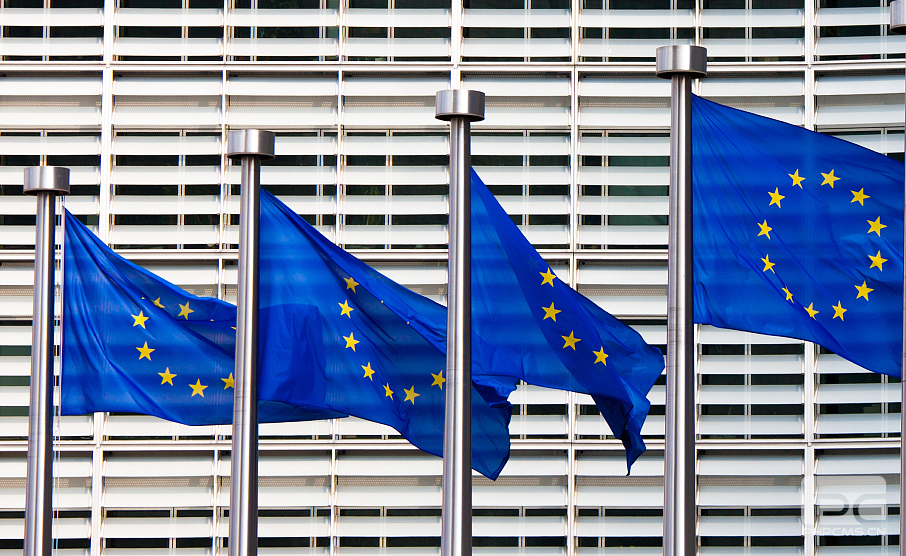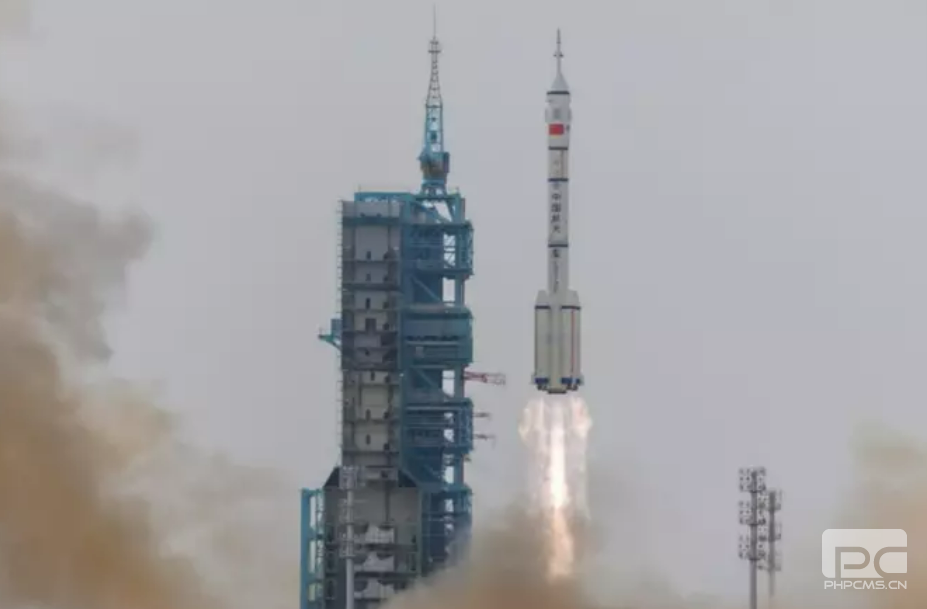November 15, 2023 - The International Monetary Fund (IMF) announced on Wednesday that it has reached a staff-level agreement with Pakistan on the first review of the $3 billion aid, unlocking $700 million for the country.
Prior to this disbursement in July, Pakistan had to implement a series of measures demanded by the IMF, including revising the budget, raising policy rates, and increasing electricity and natural gas prices.
This disbursement constitutes the second tranche of aid and is subject to approval by the IMF Executive Board.
Nathan Porter, the IMF Mission Chief for Pakistan, stated in a press release, "Once approved, about $700 million (SDR 528 million) would be made available, bringing the total disbursements under the program to nearly $1.9 billion."
Prior to this disbursement in July, Pakistan had to implement a series of measures demanded by the IMF, including revising the budget, raising policy rates, and increasing electricity and natural gas prices.
This disbursement constitutes the second tranche of aid and is subject to approval by the IMF Executive Board.
Nathan Porter, the IMF Mission Chief for Pakistan, stated in a press release, "Once approved, about $700 million (SDR 528 million) would be made available, bringing the total disbursements under the program to nearly $1.9 billion."

Over the past two weeks, an IMF delegation led by Porter has been engaged in technical and policy dialogues in Pakistan and concluded the visit on Wednesday. The delegation reviewed whether Pakistan adhered to the benchmarks set under the Stand-By Arrangement reached in July, which immediately disbursed the first tranche of $1.2 billion to help the South Asian nation avoid sovereign debt default.
At that time, Pakistan faced a severe balance of payments crisis, with foreign exchange reserves sufficient for barely three weeks of controlled imports, along with historically high inflation and unprecedented currency devaluation.
According to the aid agreement, the IMF also required Pakistan to raise $1.34 billion through new taxation to meet fiscal adjustments. These measures resulted in a May inflation rate reaching the highest in Asia at 38%, still above 30%.
The IMF stated, "Inflation is expected to decline in the coming months as supply constraints ease and demand gradually recovers," but warned that Pakistan remains vulnerable to significant external risks, including the escalation of geopolitical tensions, a rebound in commodity prices, and further tightening of global financial conditions.
The statement added, "The program supports the authorities' agenda of fiscal consolidation, accelerating reforms to lower the cost of the energy sector, completing the transition to a market-determined exchange rate, and advancing state-owned enterprise and governance reforms to attract investment, support job creation, while continuing to strengthen social assistance."
The IMF noted that preliminary signs of recovery are underway under the stabilizing policies in this program.
Pakistan has achieved the target set by the IMF for the next tranche of $3 billion aid, boosting confidence in the country's economy months before elections.
On Wednesday, the IMF announced that it had reached a staff-level agreement with the Pakistani government after reviewing the country's economic progress. The agreement provides around $700 million in funding to Pakistan, subject to approval by the IMF Executive Board.
These loans are crucial for helping Pakistan avoid a debt default as its foreign exchange reserves dwindle and the currency experiences a sharp decline. The government has been working to address economic imbalances, including raising natural gas prices and cracking down on illegal dollar transactions.
The IMF's approval enhances Pakistan's credibility and provides other creditors with the reassurance that the country can meet its debt obligations. Amreen Soorani, Head of Research at JS Global Capital Ltd. in Karachi, expressed that these steps are necessary for obtaining new loans, given Pakistan's status as a net-importing country with a current account deficit that needs balancing.
The IMF agreement also boosts the confidence of Pakistan's interim government, led by Prime Minister Anwar-ul-Haq Kakar. He is working to secure $6.3 billion in loans from the World Bank, Asian Development Bank, and Islamic Development Bank, along with around $10 billion in bilateral funding from creditor nations.
IMF Managing Director Kristalina Georgieva praised the Pakistani government, especially the Finance Minister, stating that they "held their ground in a very difficult moment."
The IMF program has sparked optimism among investors about Pakistan's fiscal recovery, driving returns on its dollar bonds to over 50% this year. Since reaching the IMF agreement in July, its benchmark stock index, the KSE-100 Index, has been one of the best-performing globally.
On Thursday, the rupee rose by 0.5% against the dollar to 286.74, and the stock market increased by 0.5%. The dollar bonds due in April 2031 remained at around 48 cents.
Pakistan aims to stabilize its current account deficit at $6.5 billion, representing 1.5% of GDP, in the fiscal year ending June. Despite the rupee rebounding from record lows in early September, inflation remains high.
Goldman Sachs warned in October that the rupee's strength in Pakistan would be short-lived, given financing risks and the upcoming elections.




Copyright © 2023.Yooke studio All rights reserved.
PKWEEKLY NEWS












